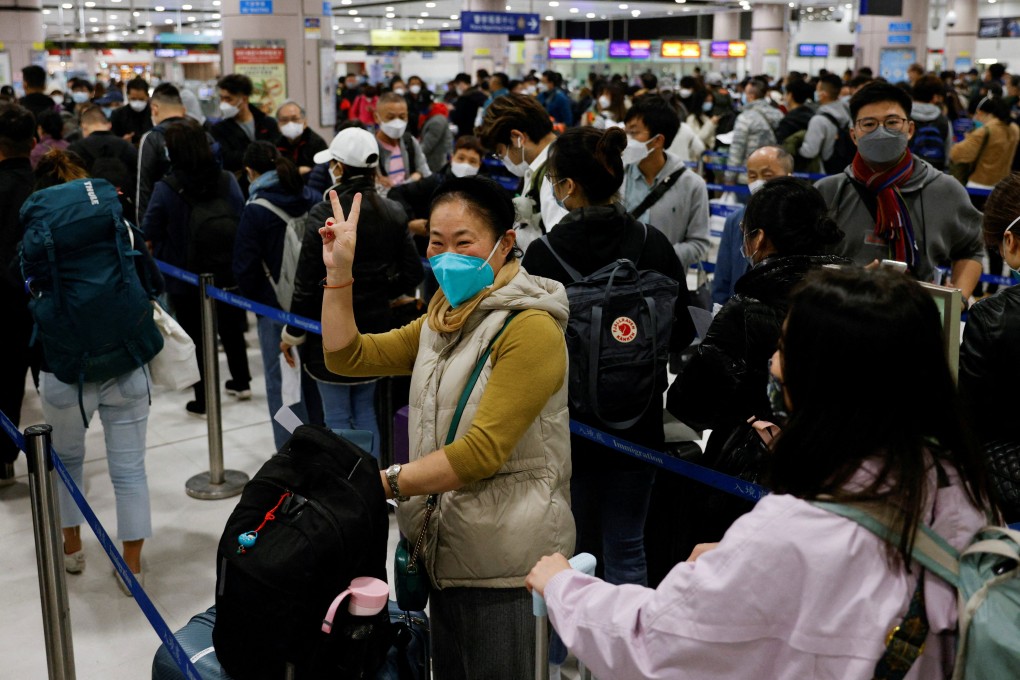Advertisement
Opinion | Hong Kong’s economy will prove harder to revive than after Sars, but city must find a way
- Ties with the mainland were invaluable in rescuing the city’s economy after 2003, but the rise of competitors means Hong Kong can’t take that for granted now
- A post-pandemic rebound in a challenging global environment will take not just mainland ties but integrating into new supply chains and rebuilding the city’s international image
Reading Time:4 minutes
Why you can trust SCMP
4

Hong Kong’s economy bounced back strongly following its health crisis 20 years ago – the severe acute respiratory syndrome (Sars) outbreak. Back then, the rebound was swift. This time, it will be more challenging and Hong Kong must find new ways to revitalise its economy.
In the aftermath of Sars in 2003, the Closer Economic Partnership Arrangement (Cepa) between the mainland and Hong Kong that fostered trade and investment liberalisation proved to be a lifesaver, resulting in a boom in trade, logistics, and professional and business services. An individual visit scheme led mainland tourists to flock to Hong Kong.
In the next several years, Hong Kong achieved strong annual GDP growth rates of above 6 per cent. Subsequent supplemental agreements brought further liberalisation measures. The introduction of Cepa also coincided with China’s global integration, enabling Hong Kong to play an essential intermediary role.
With recession or at best anaemic GDP growth expected in Europe and the United States this year, China’s ongoing reopening will give global economic growth a much-needed boost. Chinese consumers have more spending power than they did 20 years ago, and any destination or sector that serves Chinese consumer needs at home or abroad stands to benefit.
More than three-quarters of visitors to Hong Kong before the Covid-19 pandemic were from the mainland, reaching more than 50 million people in 2018 at its peak.
However, the repatriation of consumption in China during the pandemic, and the emergence of competitor destinations – such as Sanya in Hainan province for duty-free shopping, Singapore for property investment and Seoul for arts and culture – means Hong Kong must improve its game to boost the volume of travellers spending and investing in the city.
Advertisement
